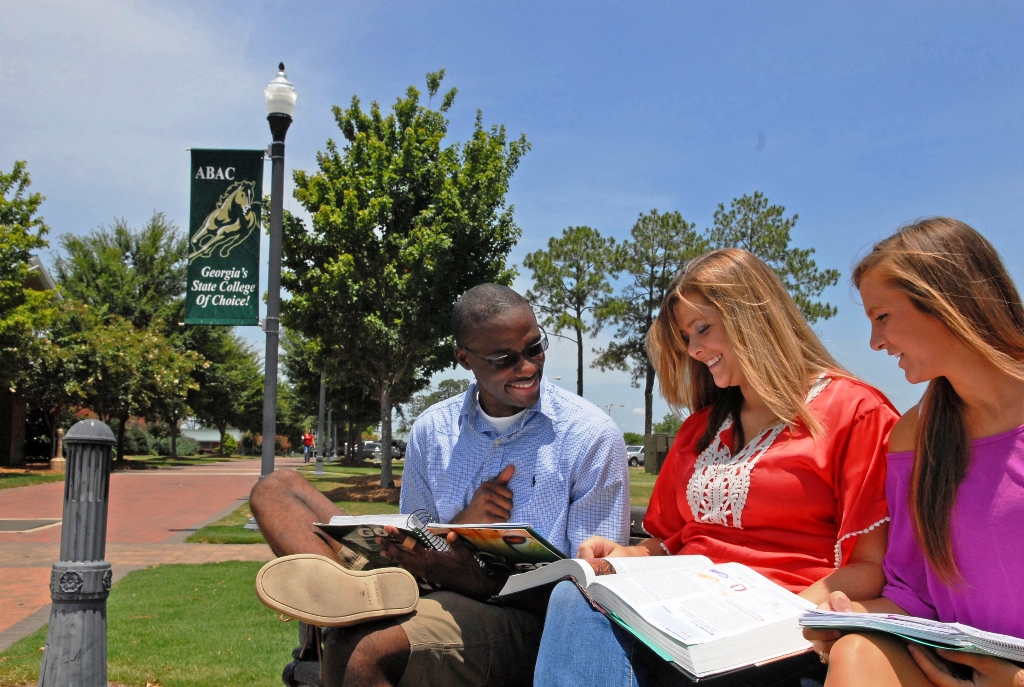What do you think of Teacher’s Assistants, and how are they distinct from peer tutors? In “The ‘Model Tutor’ In the Classroom: But Which Model Works?” from the latest issue of the Writing Lab Newsletter, Chris Striker reflects on his experiences with the Teacher’s Assistant and Writing Associate programs at Dickinson College and how the roles of the ‘TA’ and ‘WA’ impact students in different ways.
As a first-year writing fellow, I was engaged by Striker’s discussion, his explanation of the WA’s role sounding all too familiar. While I have had limited experience with TA’s at DePaul, Striker’s observations about this role seem accurate. When I think of the few TA’s I had in high school, I remember them having a somewhat authoritative role as Striker describes.
“TAs, who are usually graduate students, have a degree of mastery over the course content, and exercise professional and disciplinary authority in order to instruct. In contrast, an undergraduate peer who is a WA has knowledge of various rhetorical principles and discourse conventions, and converses in general language with students about argument development.”
While none of this is to say that TA’s can’t be a tremendous resource for students and professors in the classroom, the distinction is important. A TA seems inherently closer to the professor while a WA is more or less what we would call a ‘writing fellow,’ an expert in rhetorical strategies and academic conventions who is more inclined to help the students through the writing process than teach the material.
Striker describes a class he took where an undergraduate peer tutor seemed to have difficulty negotiating the authority of the TA position. As he describes it, the conflict seemed to arise from this student’s undergraduate status, which was identical to that of other students in the course. Different undergraduate students have their own particular skill sets, and obviously there’s nothing wrong with an undergrad tutoring an undergrad, but I think Striker’s observation says a lot about the line between peer and educator. Because the aforementioned TA was used to working strictly as a peer, the abrupt increase in authority was discomforting on some level, and as Striker recalls, the students found her less approachable. Writers seem receptive to a ‘peer’ who emphasizes a level of equality and perhaps his or her own struggles in academia. However, when that same person is raised above the status of student or peer, relationships with writers must be renegotiated.
Striker reflects on this dynamic, recalling his interactions with students as a WA:
“When I became a WA for the same course, my knowledge of rhetoric and discourse conventions allowed me to share my own writing experiences as well as the knowledge I gained from working as a peer tutor from the valuable position of a fellow student who had ‘already been there.'”
I think Striker’s observations about these two different roles are important for us to keep in mind as we work with writers at the UCWbL. The way we are viewed as peers is certainly an advantage in creating a low-stakes environment for discussion, what Striker calls the ‘Power of Peerness.’ T-shirt ideas for next year anyone?
I’m also interested in the degree of authority a peer tutor has as a so-called expert on rhetoric and the writing process. It seems most tutors tend to downplay this aspect of their role so as not to intimidate their clients. Perhaps this is a different kind of authority altogether.
Ever had a TA who subverted the authority of his or her role?
Anyone worked as a TA who can weigh in on this distinction?

